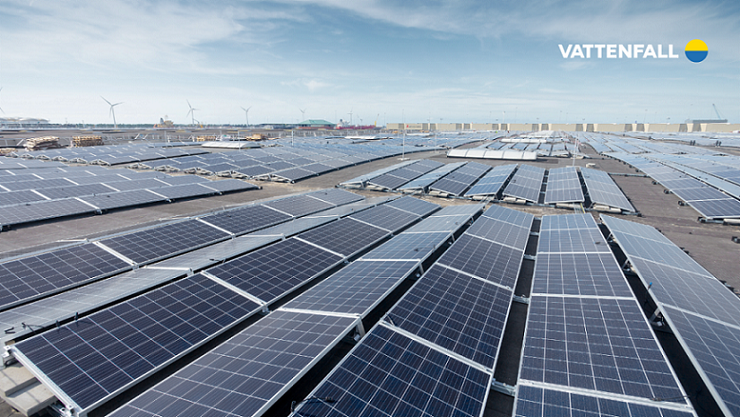UK Prime Minister Rishi Sunak recently announced a major recalibration of the nation’s net-zero targets.
Key changes include pushing back the 2030 ban on new petrol and diesel cars to 2023, and the 2025 ban on gas boilers to 2035. While the government’s reasoning for this environmental U-turn is to save consumers money, Sunak’s justification has been met with serious scepticism.
Former Prime Minister Boris Johnson urged that “we cannot afford to falter now or in any way to lose our ambition for this country”, and that “businesses must have certainty about our net zero commitments”. Jim Watson, Director of the UCL Institute for Sustainable Resources, argued that the weakening of our sustainable policies is likely to add further costs onto businesses in the future, rather than cutting them.
He said: “Rishi Sunak’s Net Zero speech is full of contradictions and will make it harder to meet our medium - and long-term climate change targets.
“It also risks increasing the costs by delaying the shift away from fossil fuels and reducing the economic benefits to the UK.” According to a recent study conducted by Vattenfall Network Solutions, UK businesses are committed to their net-zero regardless of the changes: 95.5% of companies surveyed, with a workforce exceeding 50, stated that they are steadfast in their commitment to reducing carbon footprints or achieving Net Zero.
A majority, 77.4%, aim for significant cutbacks by 2030, with 58.1% envisioning substantial reductions within the next 5 years, highlighting business’ understanding of the urgency and commitment to the net zero imperative. Vattenfall’s survey, engaging a thousand mid-sized industrial firms, demonstrates that UK business is committed to cutting emissions as soon as possible, despite the Prime Minister’s wavering.
Electrification is one of the most vital strategies for the UK to reduce its CO2 emissions in time for the2050 net-zero deadline, which also makes economic sense since electrical processes are often more efficient. But surprisingly, according to Vattenfall’s investigative report, only 51% of companies surveyed anticipate a rise in their electricity usage in the forthcoming decades.
This statistic raises a serious question - where will business’s energy be coming from, if not from electricity? Evidently, a deeper understanding of the net-zero roadmap and its key steps is imperative to navigate the transition.
Energy efficiency is the most obvious way to reduce consumption and was the most popular method of achieving carbon reductions with 23.4% of companies targeting savings this way, whilst almost 70% (68.6%) of companies with carbon reduction or net zero targets included electrification, solar PV or changes in energy use as part of their plans. The biggest take-away from Vattenfall’s survey was that a resounding 80% of respondents acknowledged the necessity of guidance to meet their targets, underscoring an industry-wide thirst for expertise, rather than a weakening of targets.
This massive demand for financial, technical and implementation support highlights UK businesses commitment to net zero and the urgent need for clear guidance and programmes to help UK companies deliver on net zero. But, where the Government is failing to deliver, industry is pushing forward to deliver on the urgent net zero imperative.
Vattenfall's Power-as-a-Service model is specifically designed to support UK businesses by providing funding, technical support and implementation for electrification projects. Whether a company is looking for solar panels, EV charging, or energy efficiency upgrades, Vattenfall will provide the investment capital, design, installation and ongoing maintenance to help companies transition to net zero whilst remaining focused on their core business goals.
As a nation, we have an urgent need to cut carbon emissions and there are extremely strong economic arguments to do so, which completely undermine Sunak’s views that strong net zero targets will increase bills. For example, Vattenfall’s fully financed offer for solar photovoltaics delivers electricity to UK businesses at under 7p per kWh on average over 25 years - a massive saving in comparison to contracts for grid-based electricity which are currently around 30p per kWh.
If a company has the roof or land space to install solar panels the decision to reduce bills is obvious, with many CFO’s describing it as a “no brainer” from a commercial perspective. The fact that the cheaper electricity is carbon free, and that solar and other carbon reduction projects, create UK jobs, grow the UK’s net zero expertise, and contribute to the essential reduction in global emissions might be something that Sunak should pause to consider.












